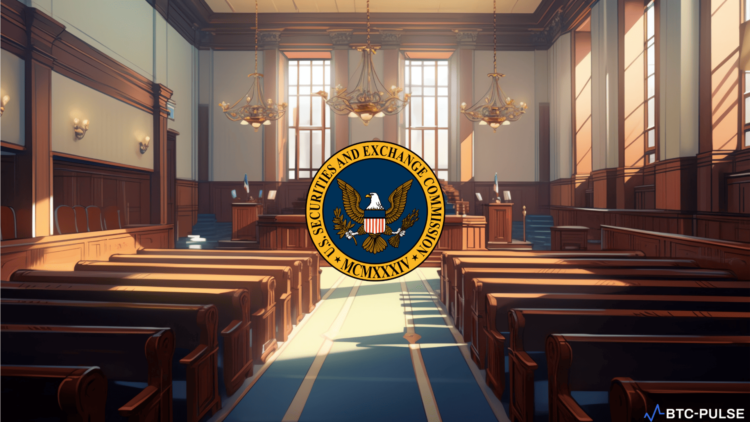A body representing North America’s state securities regulators took aim at arguments made by crypto exchange Coinbase in its defense against the SEC.
Digital assets are not “somehow special”
In a recent filing with the United States District Court for the Southern District of New York, the North American Securities Administrators Association (NASAA) argued against the special treatment of digital assets concerning securities laws.
In June, the SEC accused Coinbase of legal violations. Coinbase responded by claiming that the digital assets and services they offered were not securities. However, NASAA’s general counsel, Vincente Martinez, contended that the SEC’s stance is rooted in long-established legal tradition.
Howey test sufficient
Central to this legal battle is the Howey test’s interpretation, which is utilized to discern what constitutes an investment contract. Coinbase suggests that digital assets do not fulfill this test’s criteria. Contrarily, Martinez posits that the Howey test’s flexibility accounts for technological progress in securities markets.
Crypto impact overstated
Countering Coinbase’s “major questions doctrine” claim, Martinez negated the assertion that the digital asset industry plays a prominent role in the American economy. He emphasized that the majority of digital assets are primarily used for speculative purposes rather than practical economic applications.
NASAA’s pivotal role
The NASAA, with its diverse membership from across North America, has firmly aligned itself with the SEC in this pivotal case. As the legal battle unfolds, Martinez underscores the importance of treating digital assets consistently with other assets under securities regulations.
Conclusion: A Level Playing Field for All Assets
The ongoing lawsuit between Coinbase and the SEC, backed by NASAA’s stance, brings to light the critical debate around the treatment of digital assets in the modern financial ecosystem. While Coinbase and many in the crypto industry advocate for a differentiated regulatory approach, agencies like the SEC and NASAA underscore the importance of consistent application of existing laws. The outcome of this case could set a precedent for future digital asset regulation, potentially shaping the future of the crypto industry in North America and possibly influencing global standards. The key takeaway is the need for a clear, fair, and consistent regulatory framework that can foster innovation while ensuring investor protection.










